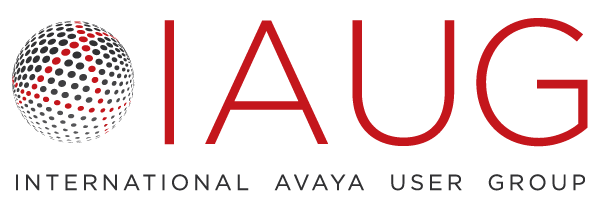Whether you are an experienced IT professional or a newcomer to the field, there are always new things to learn. After all, your digital skills provide the foundation for career success, so you need to keep your personal “toolkit” up to date.
IAUG is an excellent year-round resource for your ongoing learning journey with webinars, blogs, podcasts posted regularly, along with regional chapter meetings and Avaya ENGAGE 2021, the annual global conference being held December 12-15 in Orlando. Other IAUG offerings focus on building your “soft skills,” in communications, management, and leadership. In fact, many IAUG members have developed their presentation skills by leading sessions at chapter meetings or the annual conference.
Along with looking at your own digital skillset, you should also pay attention to what your team members bring to the table. It’s a good idea to assess your current IT needs and your organization’s priorities for the next year or two. If you identify a gap, you could provide a retraining opportunity to a team member, hire a new employee or turn to an outside resource.
Keeping pace with technology
If you’ve been working in the communications field for some time, you know that the technology continues to evolve, and IT skills must keep pace. Two decades ago, the PBX changeover to a voice over IP (VoIP) platform required many telecom professionals to learn about TCP/IP protocols and the underlying data network. Then, along came SIP and another learning curve for communication teams.
But it’s not just technology changes that lead to hitting the “refresh” button on data skills. Changes in consumer behavior, new devices and government regulations can also change the requirements for supporting the organization. Three examples are the swift rise of social media as a communications channel, the widespread adoption of mobile devices and data privacy and storage requirements.
Video collaboration skills
More recently, the COVID-19 pandemic precipitated a dramatic shift to remote work, and accelerated the trend toward cloud-based solutions. For many IT teams, that meant a sudden change in roles and daily activities to support employees working from home. “As workplaces become remote and transition toward becoming automation-dependent, upgrading digital skills is necessary to close the digital divide and prepare for future labor market needs,” said a report by Frost & Sullivan.
A recent survey by ResumeBuilder.com found that 38 percent of 1,250 hiring managers across multiple industries felt video chat proficiency was the most beneficial skill for a virtual and flexible workplace. Respondents said the ability to work on-site or at home while using a variety of technologies was a top priority along with soft skills, such as self-motivation and adaptability. The study also found that 64 percent of computer and information technology managers expressed a significant shift in valued skills.
“As the U.S. economy recovers from the pandemic, we can expect to see major shifts in workplace structure and the type of skills employers are looking for,” said Stacie Haller, ResumeBuilder’s career counselor and job search coach.
One of the takeaways for IT professionals is that digital collaboration skills will be more important than ever in 2022, along with the ability to support cloud-based platforms, develop artificial intelligence (AI) applications and protect networks from cyber attacks. The bottom line: when hiring for your IT team, look closely at the skill sets your organization will need in the next few years, and engage professionals with the necessary experience and the flexibility to continue growing and learning in the future.



Hello.This post was extremely remarkable, particularly since I was looking for thoughts on this subject last Friday.